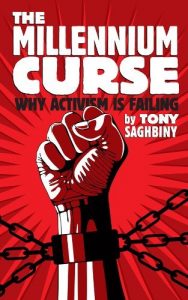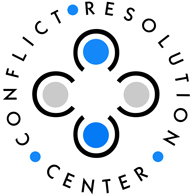 A few years ago I got a call from an organization that wanted me to volunteer as a member of their board of directors. They were rushing to get their nominations in before an upcoming meeting and the person assigned to ask me to join had fallen a bit behind on the process. The caller described the board's work - overall purpose, meetings, and responsibilities - and said that my name had come up as someone who could be good to serve.
A few years ago I got a call from an organization that wanted me to volunteer as a member of their board of directors. They were rushing to get their nominations in before an upcoming meeting and the person assigned to ask me to join had fallen a bit behind on the process. The caller described the board's work - overall purpose, meetings, and responsibilities - and said that my name had come up as someone who could be good to serve.
Nice! Right?
I had little to no history with or context about the organization's leadership, and this call was the first time I was really aware of its board. So I asked a question:
"What particular projects or efforts is the board working on that you think I can specifically contribute to?"
In other words, "tell me why you think I'm a good fit for you and you're a good fit for me."
The caller was a bit thrown off by this, saying that's a good question that they had not been asked before, and one that they didn't really have an answer for. (It turns out this particular board is a fiduciary oversight kind of body, mostly expected to rubber stamp what the organization's staff proposes.) I tried to give the caller a few chances to fill in some detail, but they didn't seem interested in trying that hard.
I thanked the organization for thinking of me and said no.






 The notion of "conflict resolution" is one of those things that is tempting to assume we all understand as well as or as much as we need to. We all have conflict in our lives, and we all make decisions every day about how we're going to deal with it: avoid it, engage it head on, active passive-aggressively about it, pretend to smooth it over but not really deal with it, commit an act of violence, and so on. But most of the time, no matter what course of action we choose, dealing with conflict is hard. It's stressful. It can be draining and debilitating, at a personal level but also for an organization or business or family as a whole. And even though we may have learned a lot about how to deal with it by now, that doesn't mean we don't need help sometimes. Thank goodness for the existence of the
The notion of "conflict resolution" is one of those things that is tempting to assume we all understand as well as or as much as we need to. We all have conflict in our lives, and we all make decisions every day about how we're going to deal with it: avoid it, engage it head on, active passive-aggressively about it, pretend to smooth it over but not really deal with it, commit an act of violence, and so on. But most of the time, no matter what course of action we choose, dealing with conflict is hard. It's stressful. It can be draining and debilitating, at a personal level but also for an organization or business or family as a whole. And even though we may have learned a lot about how to deal with it by now, that doesn't mean we don't need help sometimes. Thank goodness for the existence of the